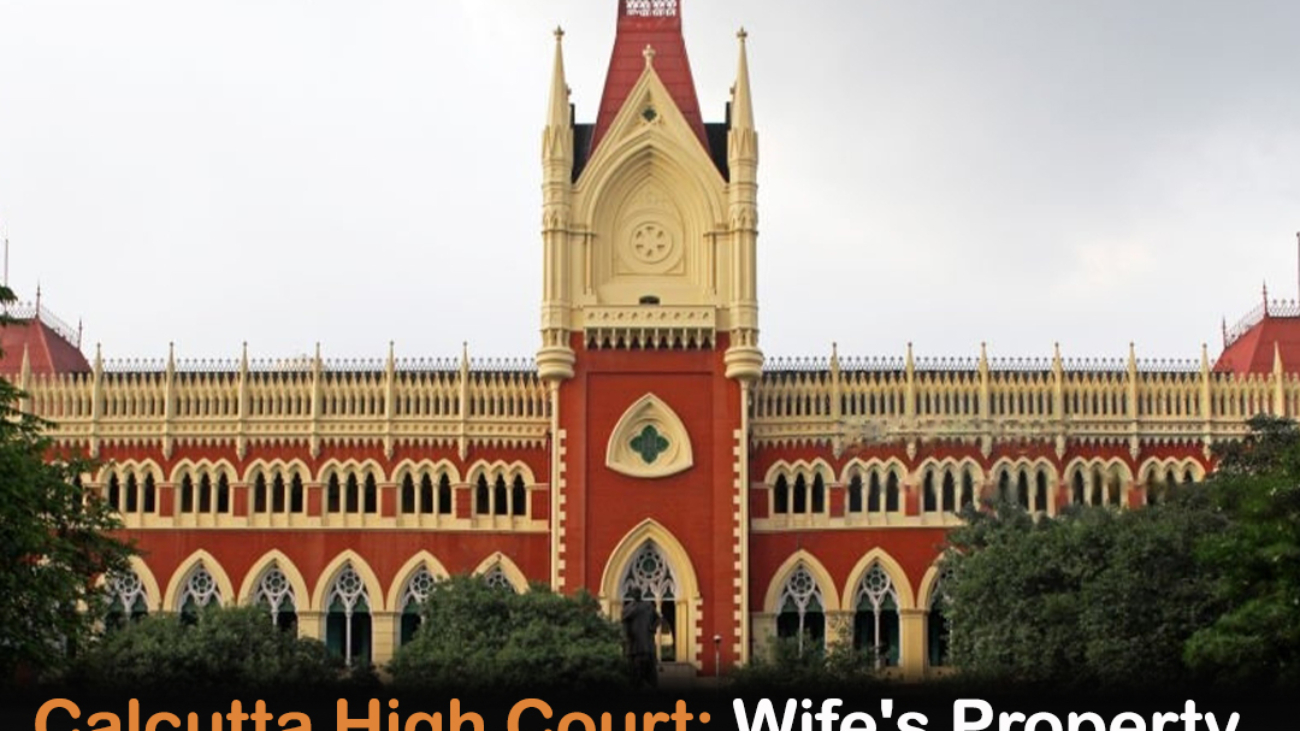
The Calcutta High Court has granted permission for the annual Ram Navami Shobha Yatra in Howrah district, West Bengal, allowing two Hindu organizations, Anjani Putra Sena and Vishwa Hindu Parishad, to conduct their processions on April 17. Despite last year’s violence between Hindus and Muslims along the traditional route, the court ruled in favor of the organizations using the same paths they have utilized for the past 15 years. This decision comes after the West Bengal government proposed an alternative route this year to prevent clashes, but the organizations insisted on sticking to their customary path.
However, the court’s permission is not without conditions. It stipulates that the procession must not exceed 200 participants and prohibits the chanting of provocative slogans against any community. Additionally, the court advised the state government to seek support from Central Forces to ensure law and order during the event. Last year’s violence prompted a National Investigation Agency (NIA) investigation, leading to the arrest of over 11 individuals from the Howrah area. While the court’s decision settles the matter for now, a detailed copy of the order is still awaited, offering further insights into the court’s reasoning and directives.

 Cart is empty
Cart is empty 

 The Calcutta High Court ruled that a wife selling property in her name without her husband’s permission is not considered cruelty. The court overturned a divorce decree granted to the husband in 2014, citing cruelty and desertion. The judges noted that both spouses were educated, and the wife’s decision to sell property in her name without seeking her husband’s approval did not constitute cruelty. The court emphasized that a wife has the right to make decisions about her property without needing her husband’s permission. The ruling aimed to promote gender equality and rejected notions of male dominance in society. The court also dismissed claims of desertion and upheld the sanctity of the marriage.
The Calcutta High Court ruled that a wife selling property in her name without her husband’s permission is not considered cruelty. The court overturned a divorce decree granted to the husband in 2014, citing cruelty and desertion. The judges noted that both spouses were educated, and the wife’s decision to sell property in her name without seeking her husband’s approval did not constitute cruelty. The court emphasized that a wife has the right to make decisions about her property without needing her husband’s permission. The ruling aimed to promote gender equality and rejected notions of male dominance in society. The court also dismissed claims of desertion and upheld the sanctity of the marriage.